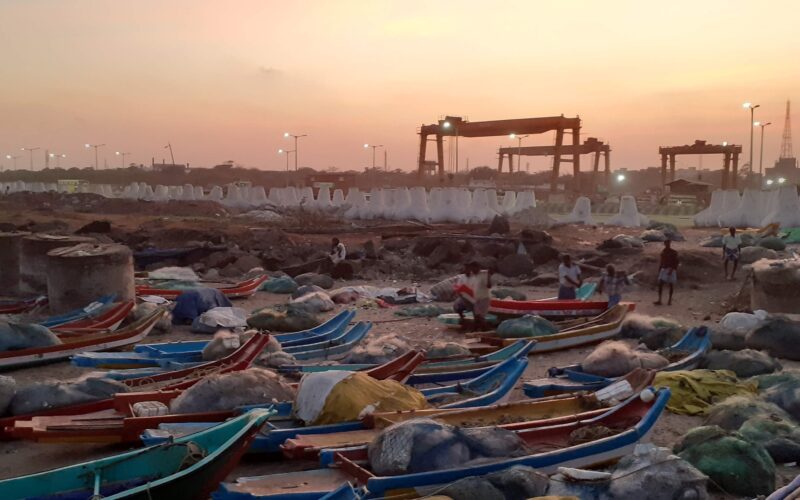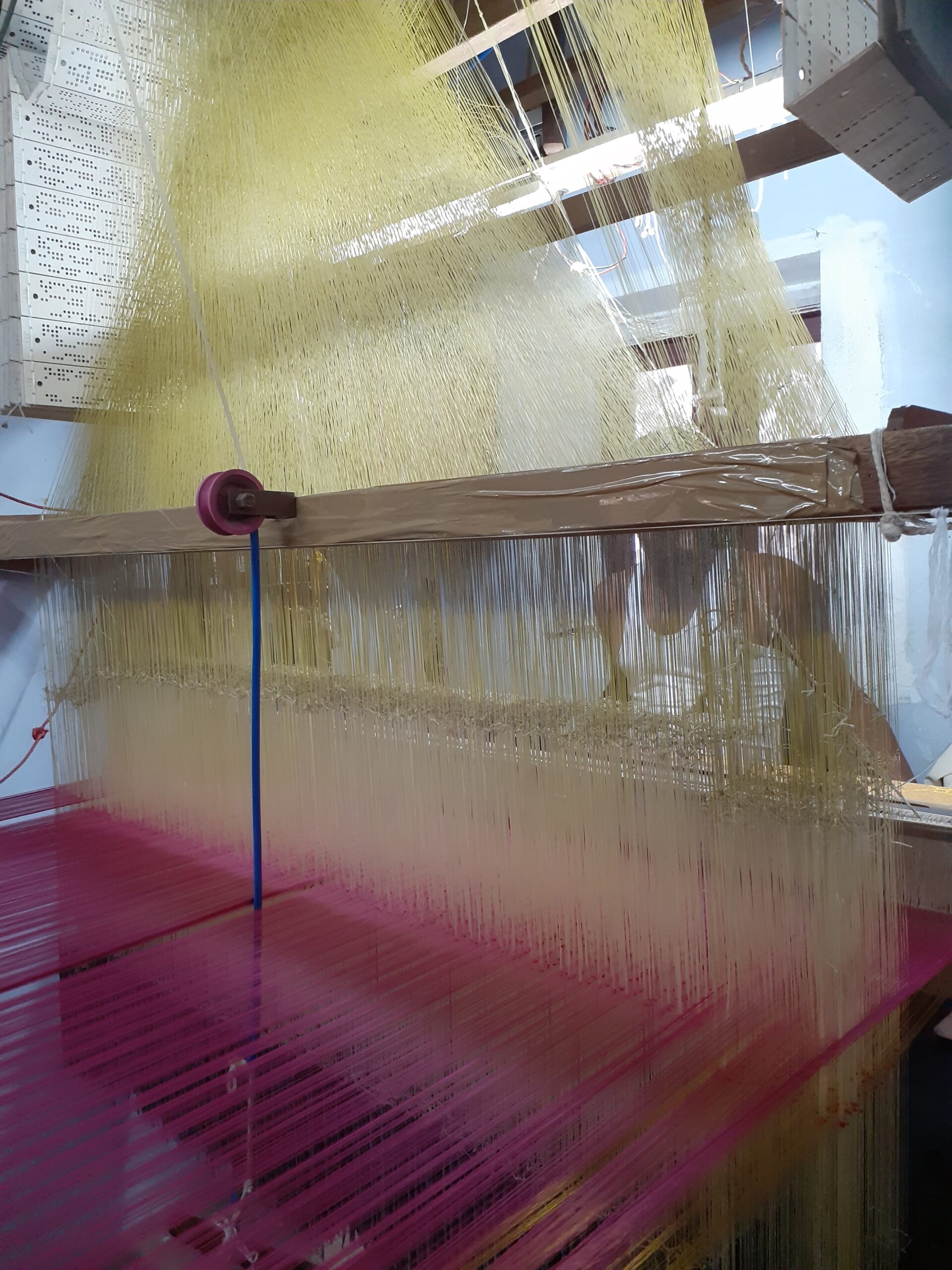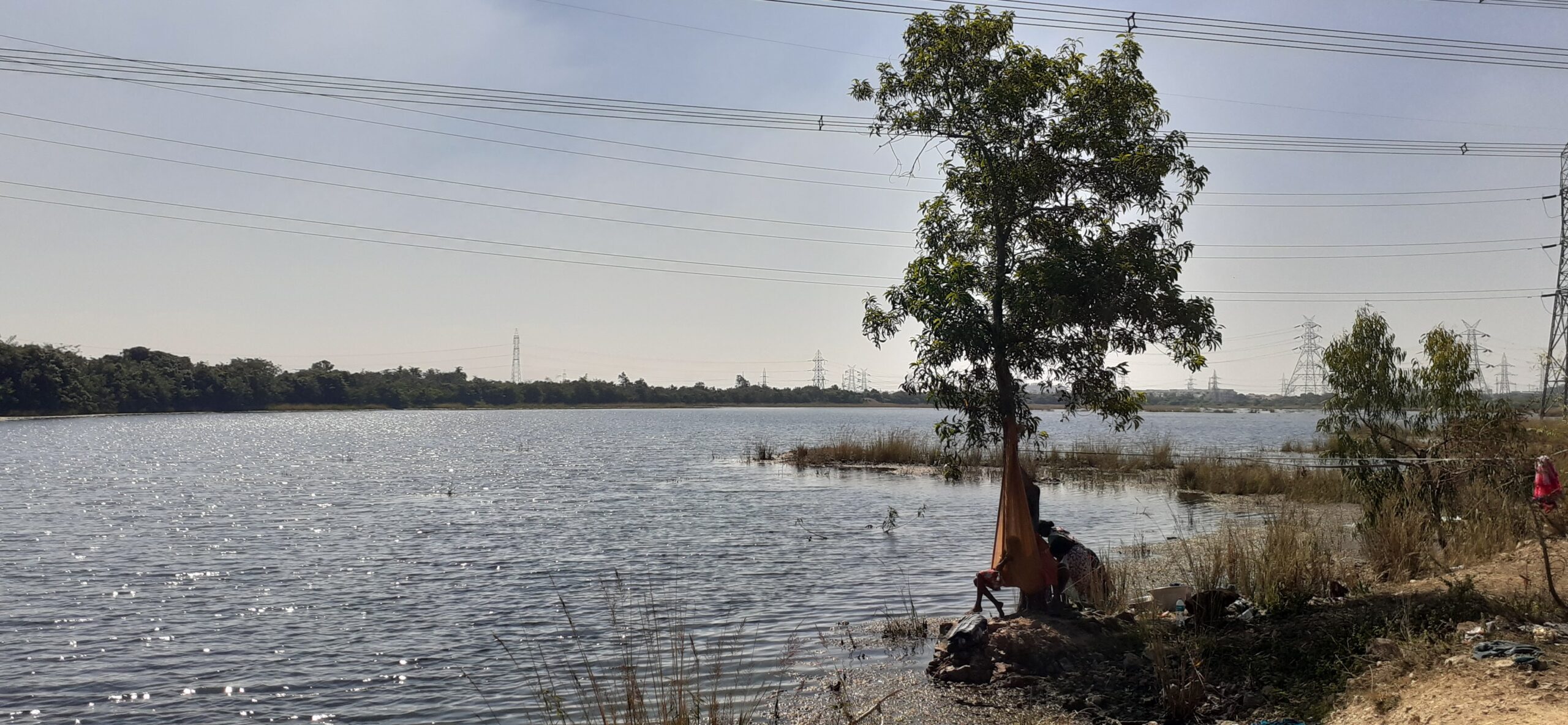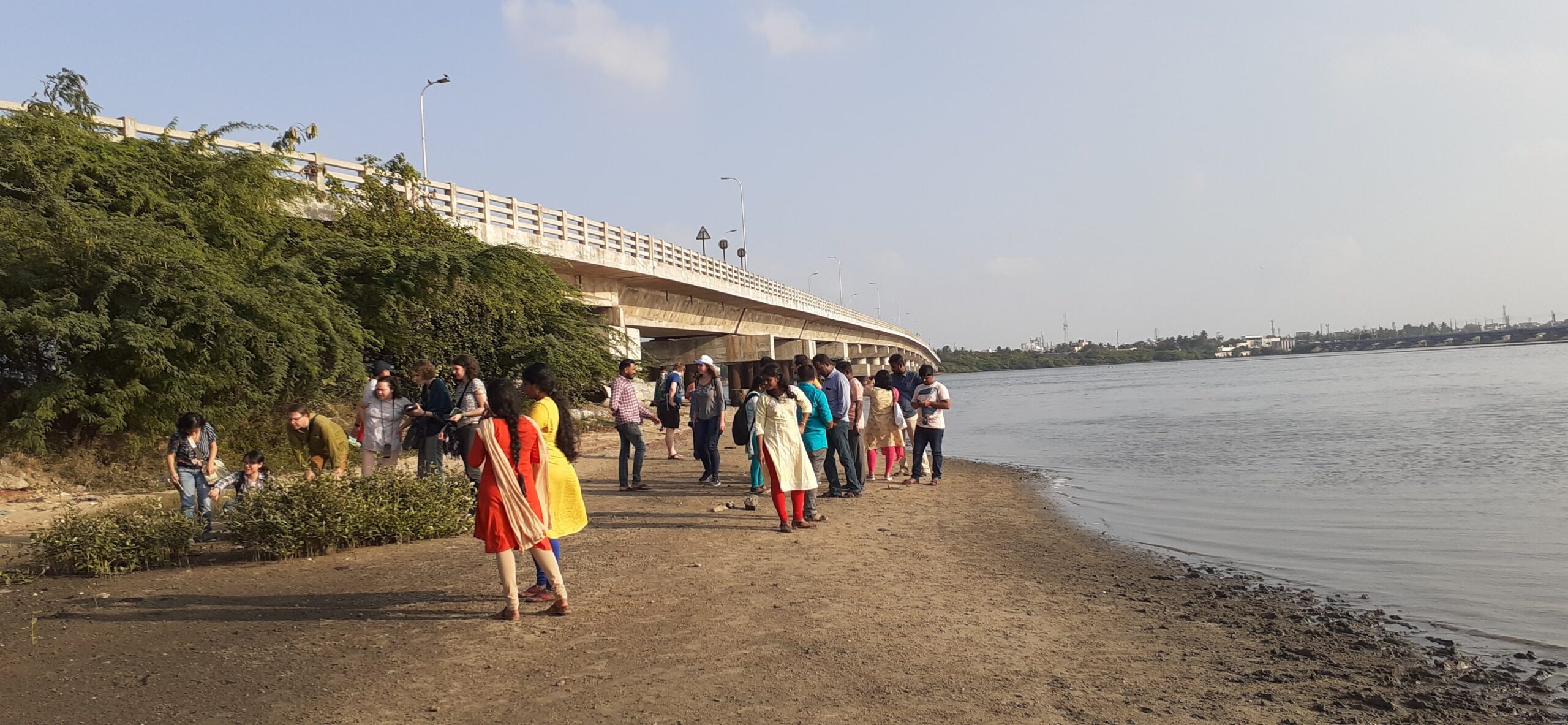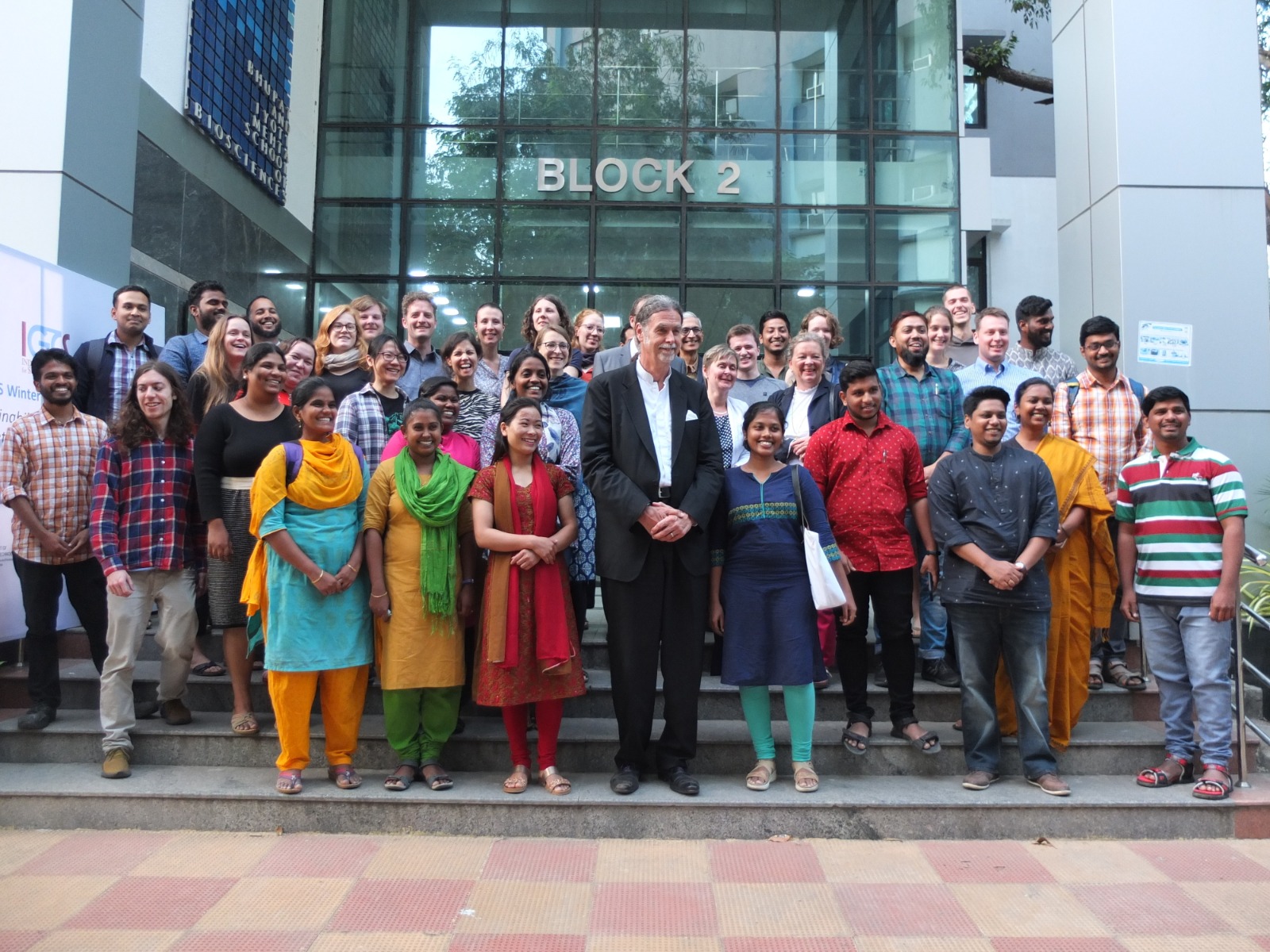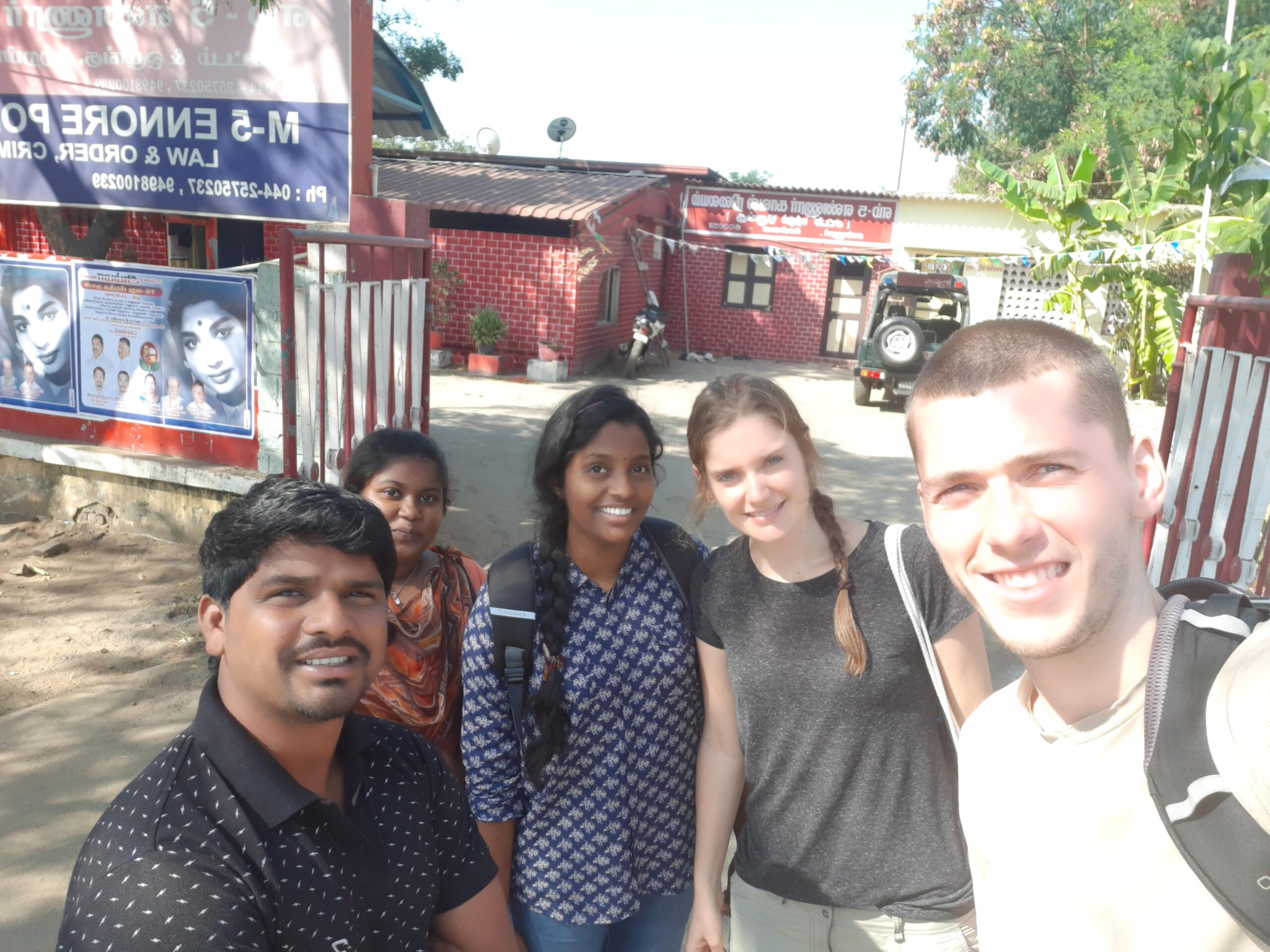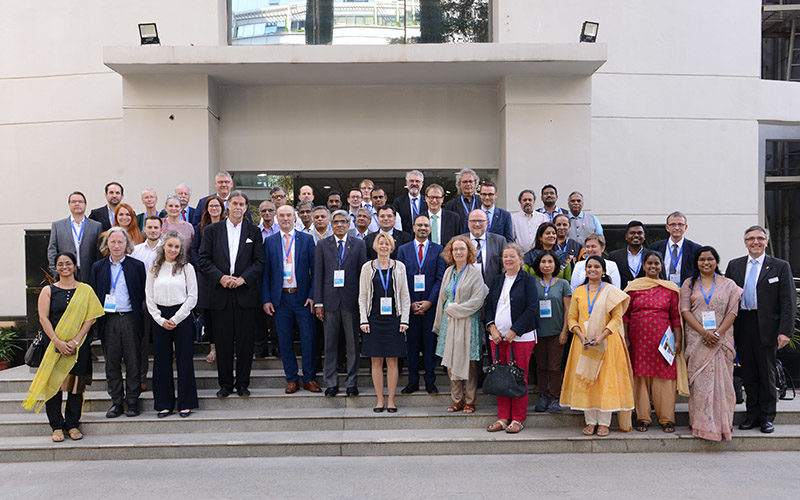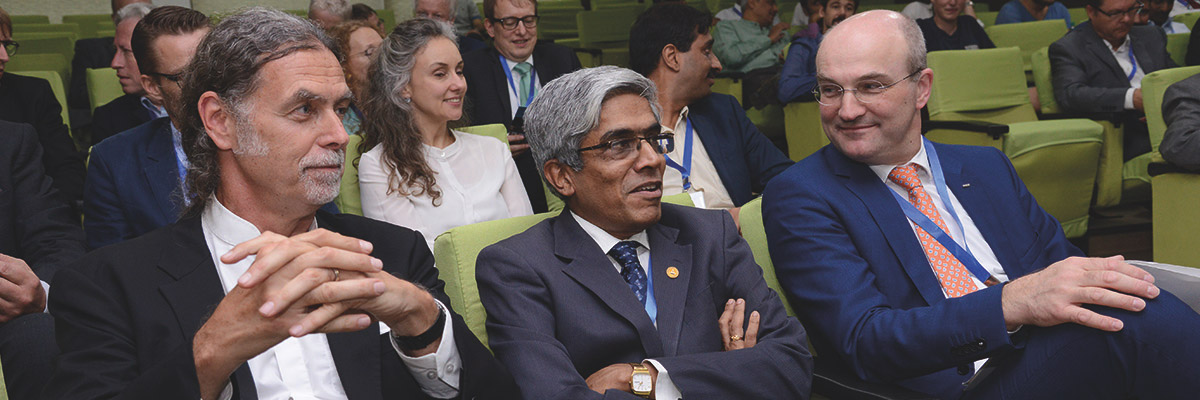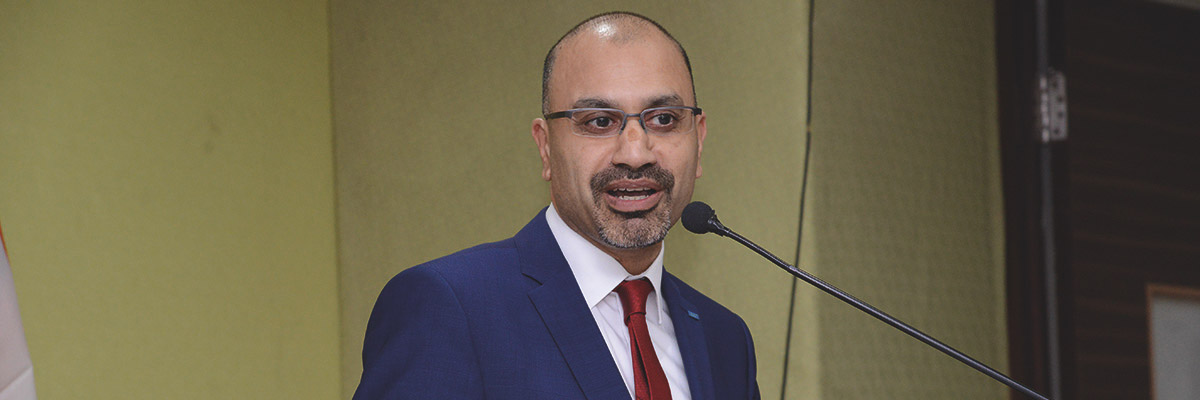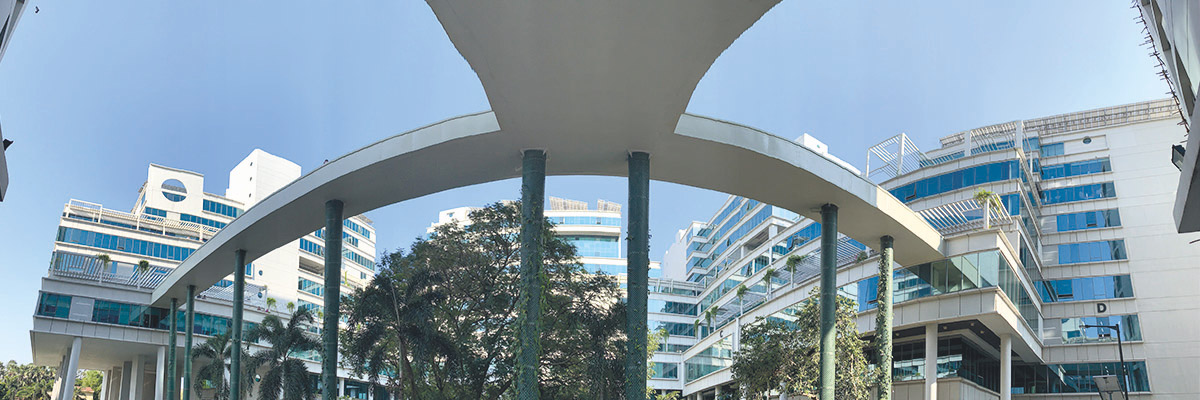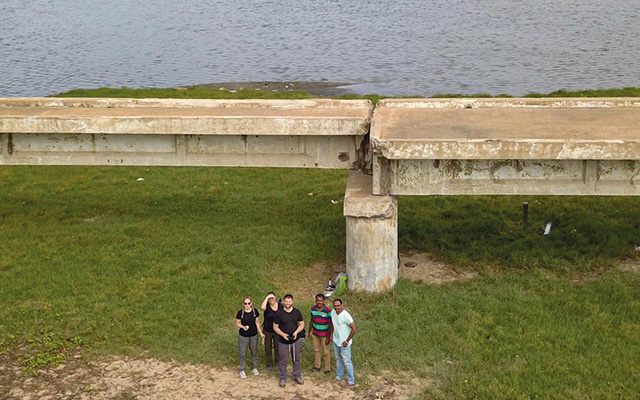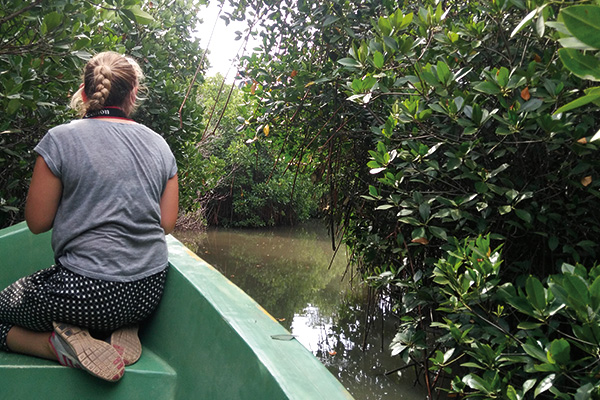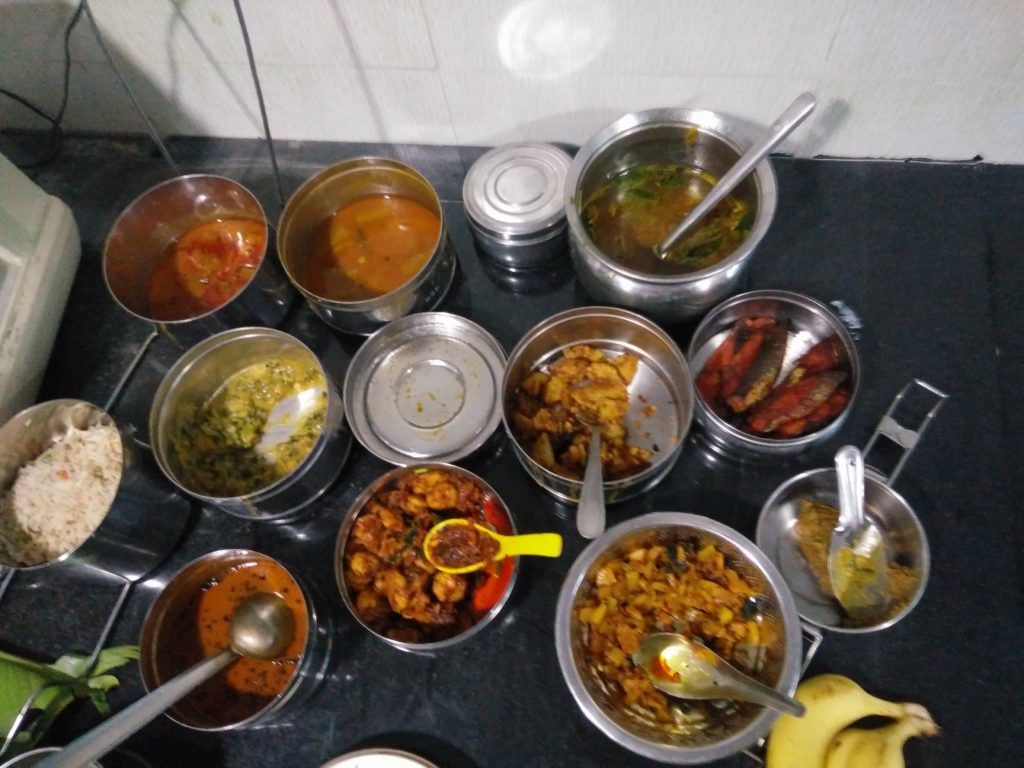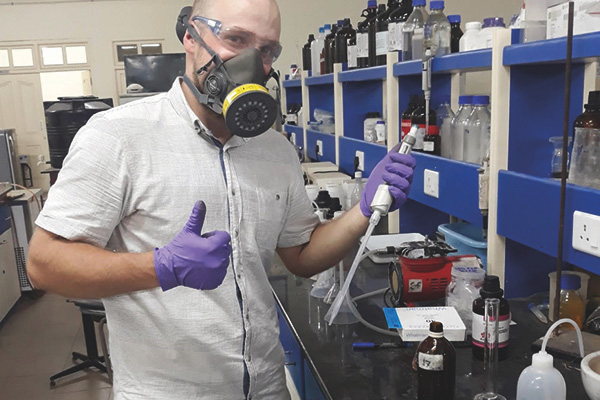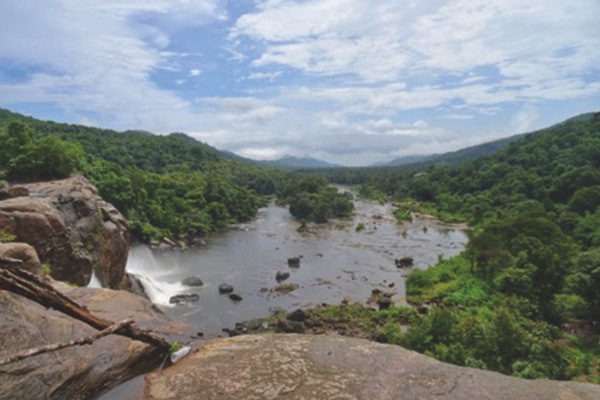My journey from being a Graduate in Electronics & Communication Engineer to joining for M-Tech in Renewable engineering was nothing short of an adventurous ride. However, over the past months at my University at Gandhigram Rural Institute, I realized that to achieve my dream, I should first be capable of embracing different cultures. This would enable me to learn the different ways I could approach things in life that were outside my comfort zone. Hence, this decision to mingle with people from different walks of life, people born and brought up in a different culture, and who spoke other languages from that of mine, pushed me to apply to the IGCS school programs.
I still remember that day; it was a late night at the end of January. I received my invitation letter from IGCS to participate in their Winter School 2020. I was super excited. From being a girl from a remote agricultural village in Kerala, who had hardly travelled out of state, let alone mingled with people from a different culture and language, now I was going to be a part of an international level program.
I started wondering about how this experience would be. Would my language skills be sufficient to interact with the other participants? Would I be able to communicate with the team? All excitement changed in an instant. The reasons that made me apply for this School stood up straight against me and I started to question my calibre. I was so confused and questioning myself: “Shall I accept this or not?” That was an endless night with circling thoughts. I tried to calm myself: “If I miss this chance, I will never get an opportunity like this”. I tried to be strong thinking: “Whatever happens, I’m going to be a part of the Winter School.” I accepted the offer to be a part of IGCS Winter School 2020, and then, I did it again and participated in the Summer School 2020 too.
The 15 days of Winter and Summer school made a substantial positive impact on me. All my previous fears were wrong. The IGCS team was very supportive, and they were frequently in contact, and they are always ready to help and always willing to listen.
I am sure that apart from being a platform to develop myself as a person, the IGCS Winter School Program also helped me a lot as an aspiring engineer. It is with extreme happiness; I say that I was not mistaken. In particular, I must say that the 15 days I spent at IIT Madras for the IGCS Winter School program 2020 brought about many changes in me both as a person and as an aspiring engineer. From language to culture, it was all diverse there, and that helped me a lot in coming out from the cocoon I had surrounded myself in. The unending discussions I had with students from Germany and the different states of India helped me understand how the differences in culture influence how we see and approach things. That strengthened my belief that as an aspiring engineer with an ambition of working in the rural sector, I should embrace these differences and try to incorporate different perspectives into my work.
The interaction I had with students and officials from Germany gave me a glance at how Germany is leading the way in Renewable Energy. The Winter School on “Sustainability in the Peri-cene: Human settlements, Food, Ecology and Governance” was instrumental for me to explore and learn about various scientific and technological solutions and contribute ideas to the issue of sustainable management of the environment and governance structures in the peri-cene. The peri-urban interface creates different kinds of problems and challenges regarding the broader consensus of environmental sustainability, regions at the edge of peri-urban areas are continually changing and expanding. The presentations and group projects gave me a good overview of the peri-urban interface. It creates various problems and challenges regarding the broader consensus of environmental sustainability and the human settlements on the Chennai greater corporation (GCC). The most exciting and challenging task was project work. My group consists of five members coming from different disciples that made our project group very interdisciplinary and exciting.
The participants’ food and accommodation, which had been taken care of by IGCS coordinators, was delicious and well planned. The coordinators were always ready to help the participants. I believe that the boundaries of countries are never going to separate people’s views and ideas but in fact, people from different geographies and backgrounds can learn from each other. Here, IGCS is an excellent platform for every student to improve their ability to exchange ideas. This platform allows every student to speak and express himself or herself without fear. For me, the 15 days of Winter School were an unforgettable experience where I met new people that became good friends. Now, I can proudly say that I am also a part of the IGCS family. I strongly suggest IGCS schools to everyone because it positively influenced my personal and academic development.

